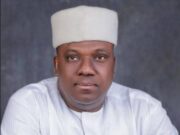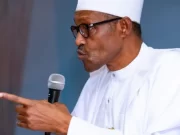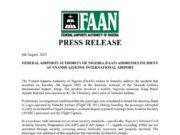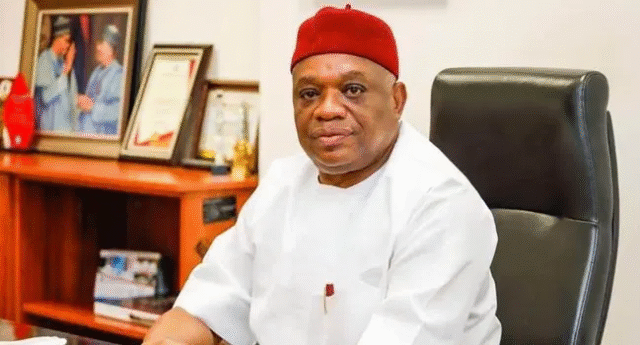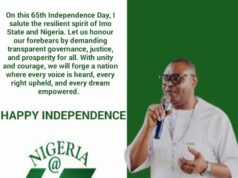Former Governor of Abia State and serving senator, Orji Uzor Kalu, has disclosed that he contributed $1 million to former President Olusegun Obasanjo and an additional ₦500 million to the Peoples Democratic Party (PDP) in 1998, during the foundational days of Nigeria’s return to democratic rule.

Speaking on Channels Television’s Politics Today on Monday, Senator Kalu revealed the extent of his financial involvement in shaping the political future of the country, describing the donations as pivotal at a time when very few individuals had the financial muscle to support the transition from military to civilian rule.
“When I put a lot of money at the time, by then, dollar was big money. Dollar was $84. I gave President Olusegun Obasanjo over $1 million. I gave the party (PDP) over ₦500 million to start the party,” he said.
According to Kalu, political actors like TY Danjuma and Atiku Abubakar were among the few capable of providing significant funding at the time, stressing that most others were unable to contribute meaningfully.
“They were looking for money. The only few people who could have brought money then were TY Danjuma and Atiku Abubakar. Others had no money,” Kalu added.
The senator also called for a shift in public discourse away from political name-calling and finger-pointing, urging stakeholders to focus on collaborative efforts that serve the needs of ordinary Nigerians.
“All this abusing Tinubu, abusing Orji Kalu, abusing Atiku Abubakar, abusing Amaechi should stop,” he said. “What I think we should do is sit down as a family, talk about the needs of Nigerian people, and deliver to them.”
Kalu emphasized his desire to see tangible improvements in the lives of citizens—prioritizing food security, infrastructure, job creation, and functional public services.
“I’m more anxious to see Nigerians eating three meals a day, going on good roads, going to good train stations, working in decent factories, and making decent money. This is what I would like,” he concluded.
As Nigeria continues to grapple with economic and political uncertainty, Kalu’s revelations offer a rare glimpse into the financial undercurrents that helped birth the country’s Fourth Republic—and reignite conversations about transparency, influence, and the cost of political leadership.
Stay tuned to All Times Global Magazine for exclusive updates and in-depth political analysis.



